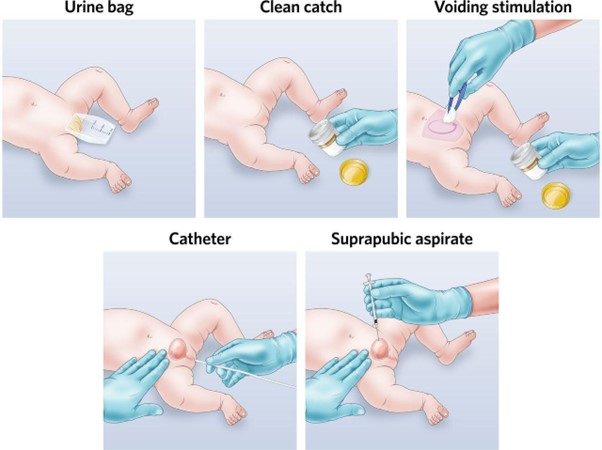A client who had a knee replacement surgery and received a prescription for enoxaparin 30 mg subcutaneously every 12 hours for 10 days. The medication is available in 30 mg per 0.3 mL pre-filled syringes. How many mL should the practical nurse (PN) administer each day? (Enter numerical value only.)
The Correct Answer is ["0.6"]
To calculate the total volume to be administered each day:
- Dosage per administration: 30 mg
- Frequency: Every 12 hours (twice a day)
- Volume per administration: 0.3 mL (since 30 mg is in 0.3 mL)
The total volume per day is:
0.3 mL×2=0.6 mL
Therefore, the practical nurse should administer 0.6 mL each day.
Nursing Test Bank
Naxlex Comprehensive Predictor Exams
Related Questions
Correct Answer is A
Explanation
A. This choice is correct because a child who has autism spectrum disorder often exhibits strict adherence to routines and rituals, and may become distressed or agitated when there are changes or disruptions to their usual patterns.
B. This choice is incorrect because difficulty paying attention to tasks is not a specific manifestation of autism spectrum disorder, but rather a common symptom of attention-deficit/hyperactivity disorder (ADHD). A child who has autism spectrum disorder may have difficulty focusing on tasks that are not of interest to them, but may also show intense concentration on tasks that are of interest to them.
C. This choice is incorrect because disobedience to authority figures is not a specific manifestation of autism spectrum disorder, but rather a common behavior problem in children and adolescents. A child who has autism spectrum disorder may have difficulty understanding social cues and expectations, but may also show compliance and cooperation when given clear instructions and positive reinforcement.
D. This choice is incorrect because excessive anxiety when separated from parents is not a specific manifestation of autism spectrum disorder, but rather a common symptom of separation anxiety disorder. A child who has autism spectrum disorder may have difficulty forming attachments and expressing emotions, but may also show affection and attachment to familiar people.
Correct Answer is B
Explanation
Choice A reason:
Discarding the first 10 mL of urine is a common practice for obtaining a urine sample for certain tests, but it is not specifically necessary for a urine culture. In a urine culture, the goal is to obtain a sample directly from the bladder to identify any bacteria present, so discarding the initial urine is not necessary.
Choice B reason
Donning sterile gloves prior to the procedure is the appropriate action for the nurse to take. When catheterizing a toddler for a urine culture, it is essential to maintain a sterile procedure to reduce the risk of infection and ensure the safety of the child. Using sterile gloves is a crucial step in preventing contamination during the catheterization process.
Choice C reason
The size of the catheter (12-French) mentioned in option C may not be appropriate for a toddler. The size of the catheter used for a toddler would generally be smaller, depending on the age and size of the child. The appropriate catheter size should be determined based on the child's age and condition.
Choice D reason
EMLA cream is a topical anaesthetic cream used to numb the skin before certain procedures. While it might be appropriate in some cases, it is not typically used for catheterization procedures in toddlers. Catheterization is a quick procedure, and using EMLA cream may not be necessary or practical in this situation.

Whether you are a student looking to ace your exams or a practicing nurse seeking to enhance your expertise , our nursing education contents will empower you with the confidence and competence to make a difference in the lives of patients and become a respected leader in the healthcare field.
Visit Naxlex, invest in your future and unlock endless possibilities with our unparalleled nursing education contents today
Report Wrong Answer on the Current Question
Do you disagree with the answer? If yes, what is your expected answer? Explain.
Kindly be descriptive with the issue you are facing.
